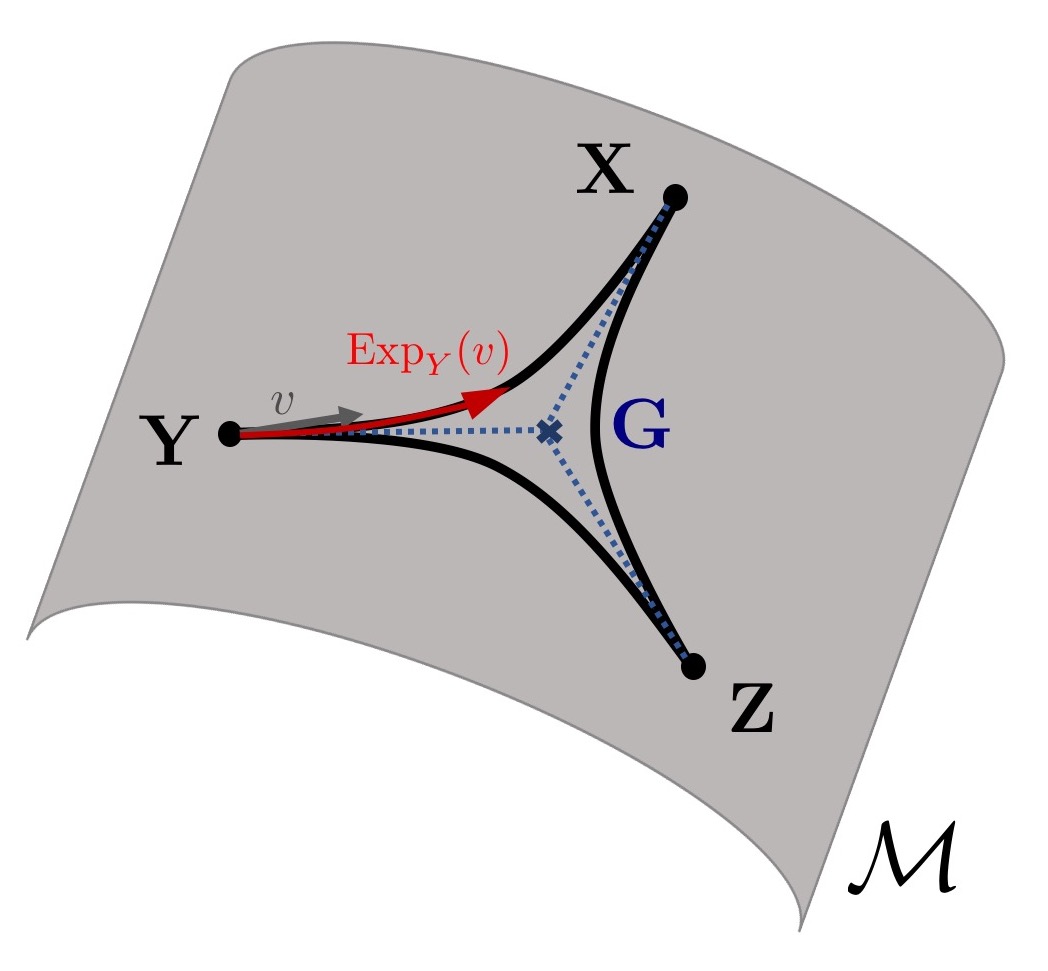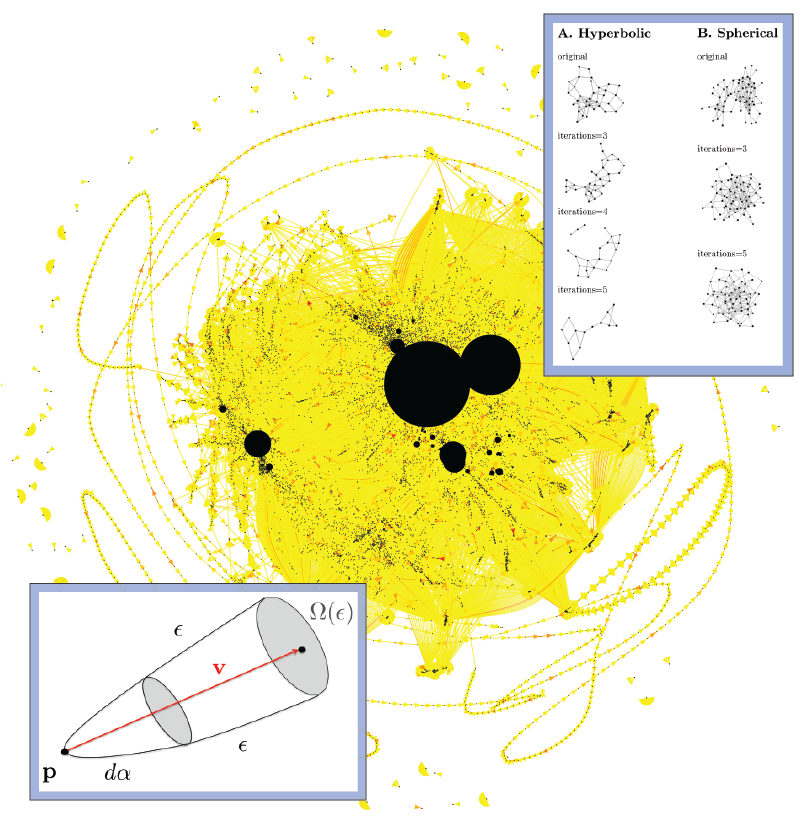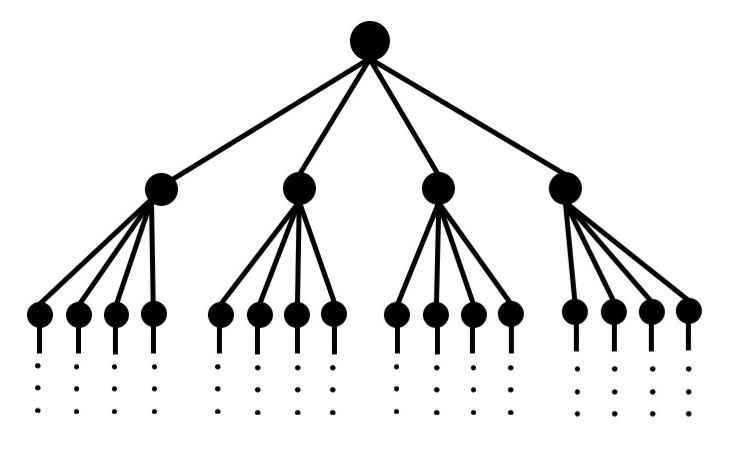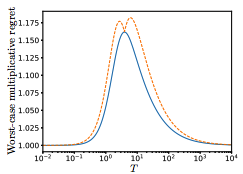Selected Projects

Constrained Optimization on Manifolds
Riemannian Frank-Wolfe methods for nonconvex and g-convex optimization.

Discrete Geometry and Machine Learning on Graphs
Discrete Ricci curvature for a curvature-based analysis of complex networks.

Machine Learning in Non-Euclidean Spaces
Harnessing the geometric structure of data in Machine Learning.
